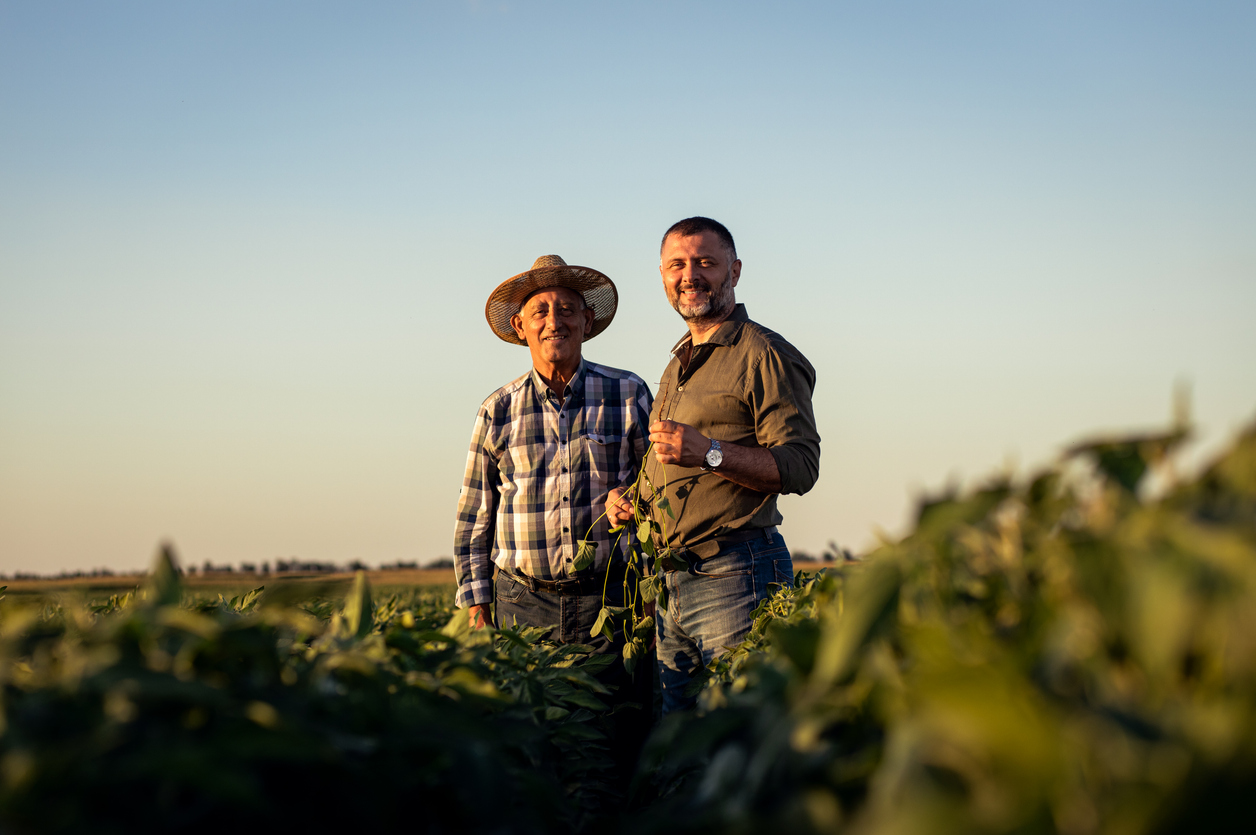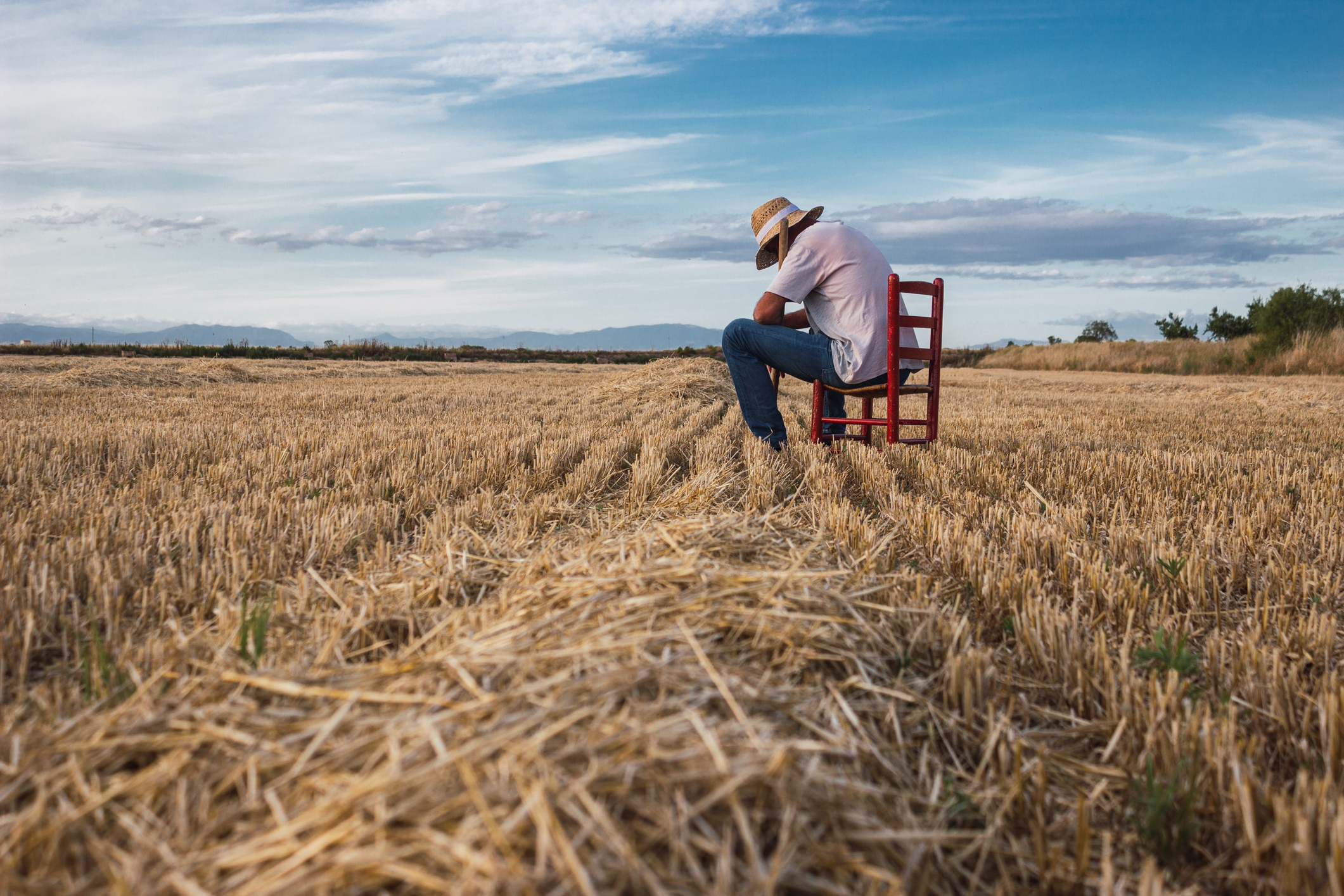Hypochondriac policies exaggerate problems, misidentify guilty parties, and focus on symbolic Band-Aids instead of providing effective cures. Washington’s Food Policy Forum is such a policy. It exaggerates Washington’s food insecurity, ironically targets agriculture as the cause for food insecurity and obesity, and focuses on counterproductive local food programs as the remedy. House Bill 1562, concerning the Washington Food Policy Forum, is currently in the House Agriculture and Natural Resource Committee.
I grew up in agriculture and care about access to a healthy and affordable food supply. I commend the intent of this bill to “protect the land” and “to reduce food insecurity and hunger in the state.” However, focusing on local food production and farmland preservation are not effective means to accomplish these goals.
Last October, Washington Policy Center identified the Washington Food Policy Forum (the Forum) as a regulatory program that “goes beyond what government can achieve, both in terms of oversight and innovation … and [is] unfortunately, costly and irrelevant.” In an attempt to launch the program in 2016, the Food Policy Forum received $50,000 from the supplemental budget.
From the start, the Forum opened itself to critique by exaggerating statistics to justify its creation. The Forum claims “Washington is ranked with the bottom half of states for very low food security.” However, a recent report by the United States Department of Agriculture ranks Washington 29th in for low and very low food security, and 33rd in very low food security – meaning Washington is actually in the upper half of states
In its quest to develop “a coordinated, systemic approach … to improve the health of Washington’s citizens and improve the economic viability of agriculture,” the Forum dedicates taxpayer money to a symbolic and unproductive effort.
Six critical flaws of the forum must be addressed. The Forum:
- Insinuates agricultural policies contribute to obesity. This claim has been made by Michael Pollan and by research on increasing caloric consumption. The claim, however, perpetuates the myth that consumers are incapable of making healthy food choices. A recent report by the American Enterprise Institute debunks this myth and finds some agriculture policies in the U.S. actually raise prices for unhealthy foods like sugar.
- Claims food insecurity in Washington would be reduced by local food production. We have noted in the past that, “An area the size of Oregon would be required to locally produce 40 crops at current yield.” This would raise the cost of food and counteract efforts to reduce food insecurity. Washington is the most agriculturally trade dependent state in the nation and many of our productive farms do not contribute to the local food supply. Government favoritism for local farms could drive viable agricultural operations out of our state as policies adapt to cater to a few higher-cost, specialty operations.
- Exaggerates Washington’s farmland loss situation. An upcoming study from Washington Policy Center debunks this claim as a myopic approach to a complex issue. Farmland in certain areas of Washington is decreasing but in more productive areas, it is increasing. Washington farmers have navigated this challenging regulatory landscape to preserve viable operations while unprofitable operations are sold and the land used for a higher benefit. Narrow-mindedly focusing on acreage preservation, without regard to value or productivity, will victimize the farmers the Forum claims to protect.
- Supports the work of the Washington State Food System Roundtable which has wasted taxpayer resources for four years. Under section 2 (3)(e) the Forum will “coordinate with and build on the process already undertaken by the Washington state food system roundtable.” After four years, the Roundtable created fifteen goals to improve the food system. However, the goals of the Roundtable were made without contribution from farmers. The Roundtable also claims that it was created using “volunteer” time from government employees. The “volunteer” time included using government emails and time from the employees. A similar approach is proposed by the Forum.
- Provides no tangible solutions to food insecurity and obesity in Washington state. In its quest to improve the food system of Washington, the Forum loses track of the overall goal which is to reduce hunger and improve health. The root causes of these two issues are economic and cultural, not agricultural. The American Enterprise Institute cites the root causes of hunger as employment, family structure, and exposure to violence. Childhood obesity is actually decreased when access to fresh, although not necessarily local, food is provided, education on food choice is emphasized, and physical activity is increased. Washington state should focus its efforts on fixing the root causes of hunger and obesity.
- The Forum devotes resources to a problem it has already solved. The Forum will “examine ways to encourage retention of an adequate number of farmers.” However, the solution is already provided in Section 1(2) of House Bill 1562 by recognizing “the need to understand the impacts of governmental rules and regulations on the viability of the agricultural sector.” Scaling back regulations for agriculture will do more to improve agricultural viability, preserve productive farms and the agricultural workforce than the forum can do.
Agriculture can continue creating jobs and increasing production when it is freed from excessive regulation. Our local communities can resolve hunger and fight obesity through economic growth, education, local philanthropy and existing programs. How do we provide Washington with healthy and plentiful food and still protect our authentic and valuable agriculture industry? Let the market do what it does best – provide solutions for agriculture viability and jobs for families affected by food insecurity.





